Joe Biden Is Leonard Peltier’s Last Hope
The Guardian
6 Thanksgiving Myths and the Wampanoag Side of the Story
Indian Country Today
Indian Fighting Today: Gibson, Dunn and Crutcher
High Plains Reader
A Win for the Harris-Walz Ticket Would Also Mean the Country’s First Native American Female Governor
AP
The Day of the World’s Indigenous Peoples
TomDispatch
Parole Commission: It’s Long Past the Time to FREE Leonard Peltier
Native News Online

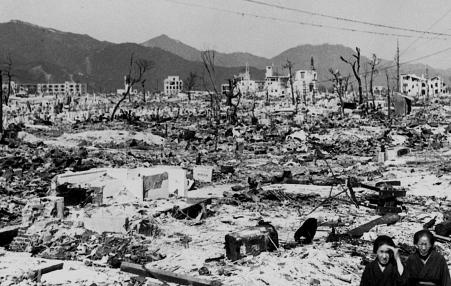
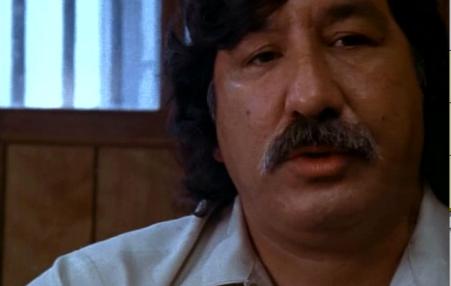
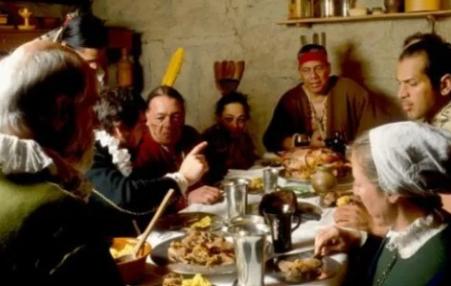
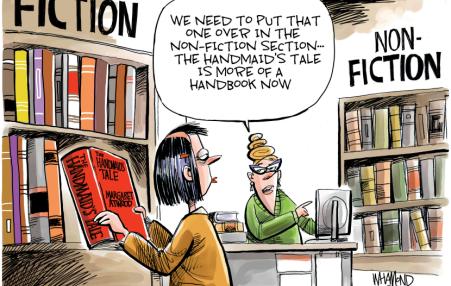
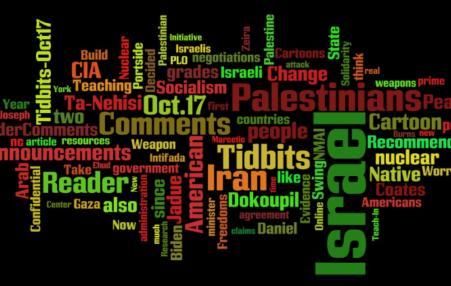
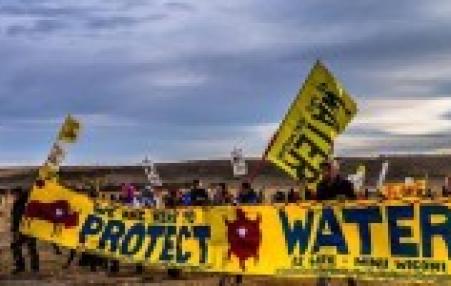
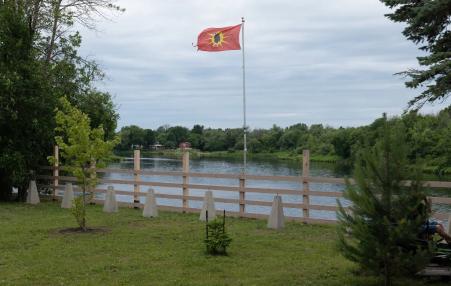
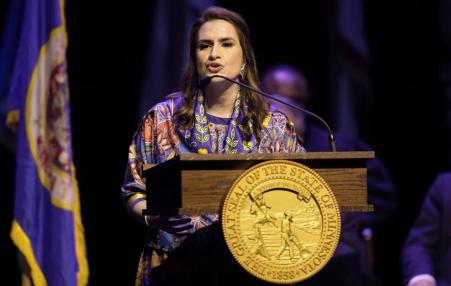
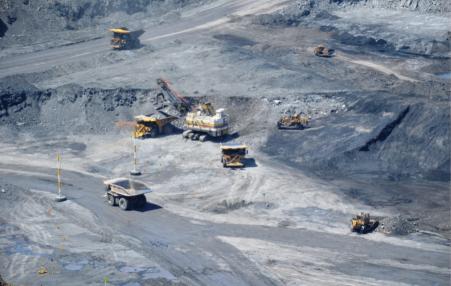
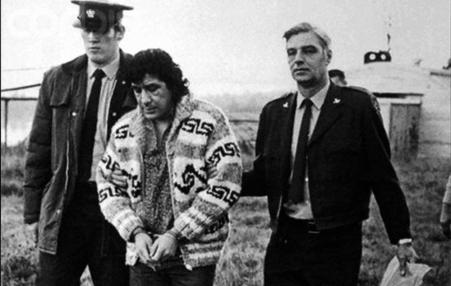
Spread the word